What happened on Wednesday: An account from JU

We started the quota reform protest long before the attacks. On July 15, the students who had gone out at 3pm to attend a rally were attacked with sticks by BCL. It also included attackers from outside, i.e. non-JU students led by the JU Chhatra League. As a result, many students were in the hospital. Another portion who were still protesting remained near the VC's residence seeking safety. Cocktails were used and the recordings of the attacks are still available on the Facebook feeds of several students.
The students had felt the VC's residence may have been a safe space, yet they were attacked. When the police arrived, there was some relief, but they soon realised that the police had come to protect the VC, not the general students. At that point, the police used tear shells and other weapons in their arsenal. The attack lasted till 4am, all the way till dawn. Many students had to be admitted to Enam Medical College Hospital, with one student in critical condition.
On the morning of the 16th, when the news spread, thousands of students arrived at campus during the day, and I was one of them. All day, we kept up a blockade and adjourned it at the end. We held a syndicate meeting and made a decision that we will not vacate the halls upon hearing the statement from UGC. After all, the UGC cannot make a decision about an autonomous institute.
On July 17, our demands were two-fold: quota reform and the refusal to vacate halls. On that day, around 200-300 police officers entered the campus. The teachers told us that we ought to return to the halls for our safety. Still, we did not wish to leave, because it was unacceptable for the police to be present on our campus as the police cannot enter an autonomous institution in the manner that they did. The situation became dire, and it was worsened by us not being able to receive any news.
Throughout the country, rumours were spread and there were attempts at fear-mongering. Many students were having lunch at the time when, around 5:15pm, the police attacked us. During the attack, our group had to disperse. We had to flee to whichever road was empty. Many of us were stuck for hours while tear shells were being thrown. It remains a question: for whose protection did the police fire shots? If we assume it was to protect the students, why were the shots fired in their direction? This shooting went on till evening. When our proctor was called by the department teachers, he claimed that he himself was struck. The police can never enter a campus without the permission of the proctor.
The proctor's statement that we should run to whichever place is safe was not sensible because there was no safe passage for us. The police saw us running to the girl's halls. In the main gate of JU, about a 100 police officers had arrived. Many journalists showed them their press cards so as not to be shot at by the police. The footage of police coming toward us, however, is yet to be broadcast.
After evening, we returned to our halls only for us to hear that we would be forcefully removed from our halls. Around 10pm, we started receiving all kinds of news. I believe it was a BCL tactic to make us leave. Many female students in particular felt unsafe at this time. Yet, many of them were adamant about not leaving the halls. We received frantic calls from our families to leave urgently as they had heard horrifying reports, but we had to assure them those were rumours. Soon, electricity was gone and mobile data ceased to work. I was unable to make a single phone call. We remained awake throughout the night as we had lost faith in the idea that we would not be attacked. I wonder if this is how the nights must have felt during those nine months of the Liberation War.
In the morning, the halls had become empty. Under severe stress, we had to leave the campus in the morning, despite our unwillingness. Right after, the police raided each room, with the proctor and hall provost accompanying them. Why did the administration allow the police to inspect halls in this manner? These were clear attempts to break the student's will, and they succeeded. Though some students are still in campuses, the numbers have reduced to such a great extent that it is not possible to carry out a procession.
This is an account from a female student at JU.
Views expressed in this article are the author's own.
Follow The Daily Star Opinion on Facebook for the latest opinions, commentaries and analyses by experts and professionals. To contribute your article or letter to The Daily Star Opinion, see our guidelines for submission.

 For all latest news, follow The Daily Star's Google News channel.
For all latest news, follow The Daily Star's Google News channel. 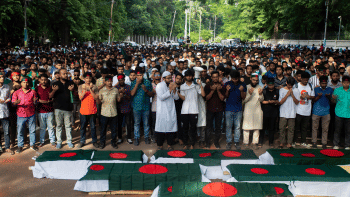
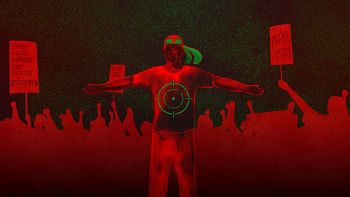


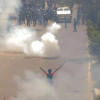

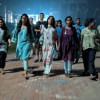

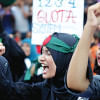


Comments